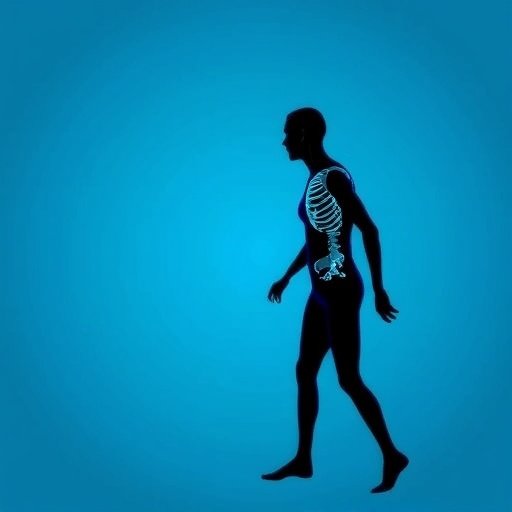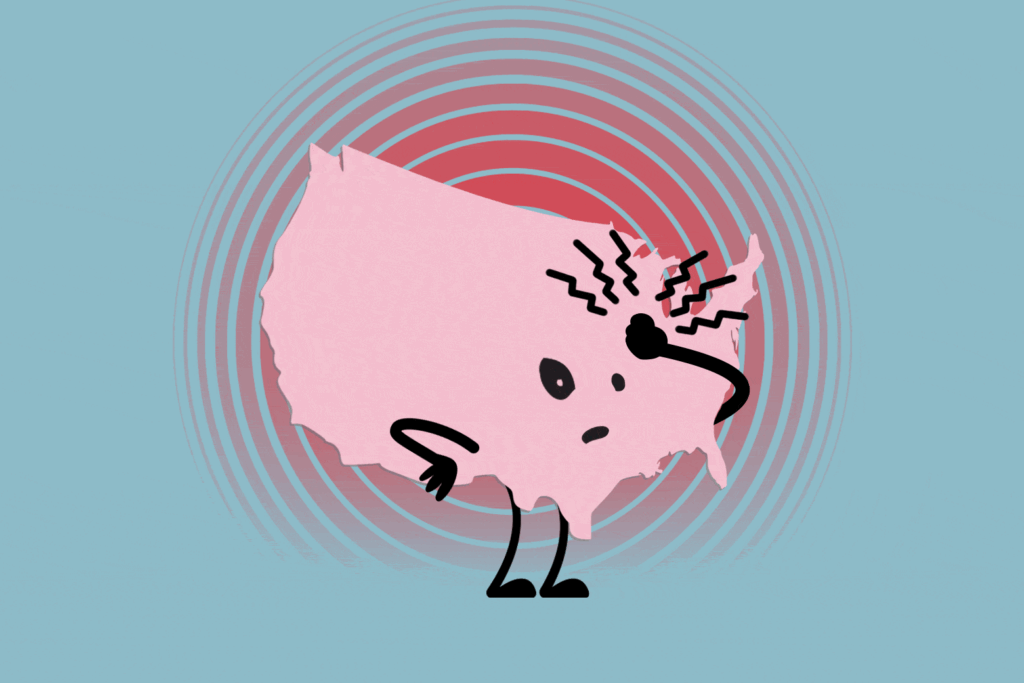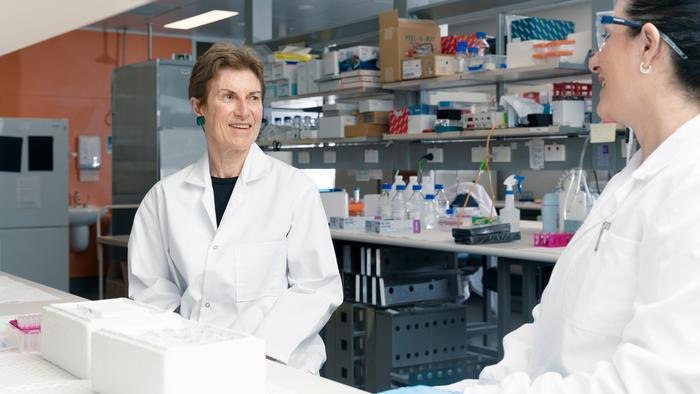The internet is flooded with foods and drinks promising low cortisol and higher serotonin and dopamine. Can foods affect these hormone levels in our bodies? Dr Rakesh Gupta, senior consultant, internal medicine, Indraprastha Apollo Hospitals, says: “Foods can indeed influence hormone levels like cortisol, serotonin and dopamine, but their effects are usually moderate and work best as part of a healthy lifestyle. Diets rich in whole foods, such as fruits, vegetables, whole grains, lean proteins, and healthy fats support lower cortisol (the stress hormone), mainly by reducing inflammation and providing key nutrients like vitamin B, magnesium, and omega-3 fatty acids. Conversely, processed foods, added sugars, caffeine, and alcohol can raise cortisol and worsen stress over time. Serotonin and dopamine, often called “happy hormones”, depend on amino acids found in protein-rich foods (eggs, fish, poultry, nuts, seeds, tofu) and complex carbohydrates, which aid their synthesis and promote steady mood and brain function. So, while no single food will radically change your hormones, a nutritious, balanced diet helps create a hormonal environment that supports better mood, lower stress, and overall well-being.”
Do anti-depressants achieve the same results as supplements?
Anti-depressants are proven to reduce symptoms of depression for many people. Supplements like omega-3s and certain vitamins can also help but generally aren’t as strong as prescription medications for severe depression. Research shows that combining supplements with anti-depressants may improve results a little, but using supplements alone usually isn’t enough for most people with moderate to severe depression. Always talk to your doctor before starting or stopping any treatment, as the right choice depends on individual needs and health history. Supplements may be more useful for mild depression or as extra support. Anti-depressants are more effective for moderate to severe depression and are prescribed after a careful medical assessment.

Can magnesium supplements lower cortisol? Is it safe, and what dosage is best?
Magnesium supplements can help lower cortisol, the stress hormone. They support the body’s stress-response system and enjoy a good safety record when used correctly. Studies have used doses ranging from 200-400mg per day, often for 4-8 weeks. Magnesium glycinate, taurate, malate, and threonate are preferred forms for better absorption and effectiveness. Most people tolerate these doses well; however, taking too much magnesium (especially from supplements) can cause stomach upset or even serious problems like heart rhythm changes. It is safe for most people, but talk to your doctor especially if you have kidney issues. Natural food sources of magnesium are also great-leafy greens, nuts, and seeds.
What lifestyle factors can lower cortisol and boost happy hormones?
Simple lifestyle choices can lower cortisol and lift your mood:
1. Exercise:Aerobic activities (like jogging, swimming) boost endorphins. Strength training helps with dopamine. Yoga increases GABA, a calming chemical.
2. Balanced diet:Whole grains, fruits, omega-3-rich foods, and plenty of water help produce happy hormones. Avoiding too much sugar and processed foods is key.
3. Good sleep:Set a regular sleep schedule and create a calming bedtime routine to reduce stress hormones.
4. Relaxation:Deep breathing, meditation, and laughter help lower cortisol.
5. Hobbies:Fun activities and connecting with others nourish happiness and lower stress.
Building these habits step by step can create lasting change for mental well-being.
Does moderate alcohol act as an anti-depressant?
Moderate alcohol consumption like a small glass of wine may be linked to fewer depression symptoms compared to heavy drinking or not drinking at all. Some studies suggest people who drink moderately have lower rates of depression, possibly because they socialise more. However, it is not clear if alcohol itself acts as a true anti-depressant. Too much alcohol can actually increase depression and anxiety. Experts caution against using alcohol as a way to treat low mood, since it can lead to dependence and other health issues. For most people, enjoying alcohol in moderation at social events is safe, but it shouldn’t be considered a treatment for depression.







